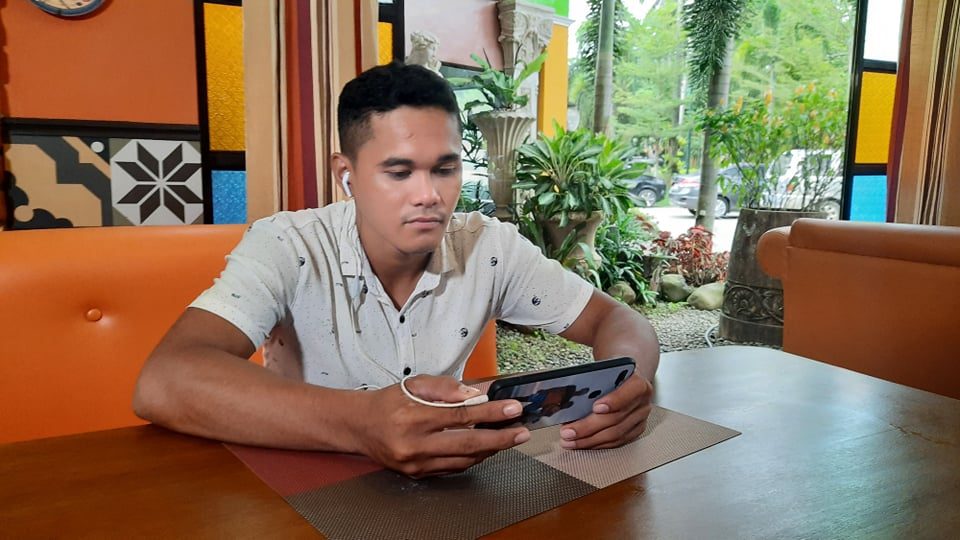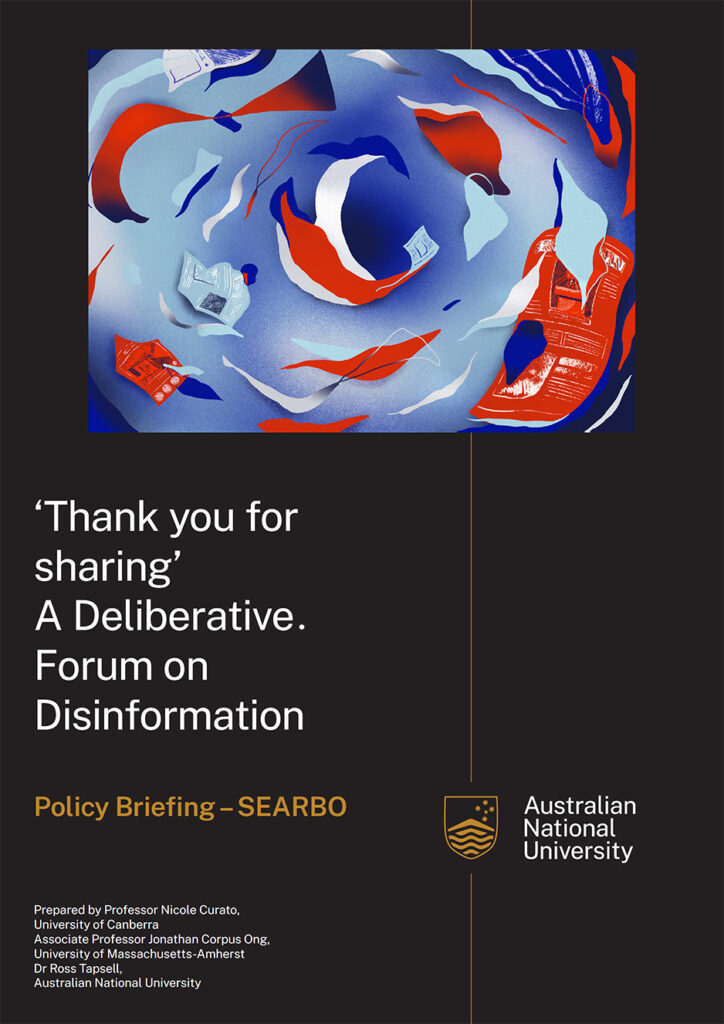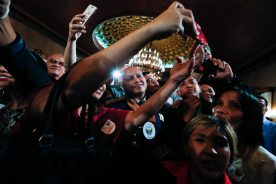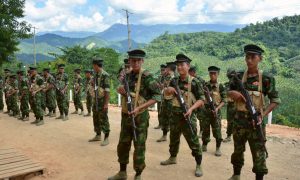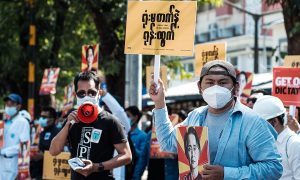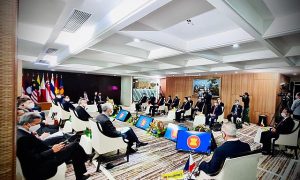Since the Philippines was named as the “petri dish” of the global disinformation epidemic of 2016, various stakeholders have come together to proactively address the challenges of disinformation in the 2022 elections. Journalists and civil society organizations launched fact check initiatives and media literacy programmes. Tech platforms like Facebook and Twitter revised their content moderation practices. The Philippine Senate started looking into safeguarding social media from foreign interference.
There is no question that these initiatives are valuable. However, there is are critical voices missing from these initiatives—the voices of ordinary citizens.
Our latest report “Thank you for sharing: A Deliberative Forum on Disinformation” aims to amplify the voices of everyday Filipinos in the fight against “fake news.” It is the continuation of the #DisinformationTracker project, which examined the disinformation tactics used by political campaigns in the Philippines’ 2019 midterm elections.
This time, our research shifted our attention to understanding how ordinary Filipinos make sense of their experiences of disinformation during elections, and what can be done to address them.
Click on the cover image below to download the full policy brief.
The power of citizen deliberation
The project’s innovation lies in using a deliberative forum to reach participants’ considered judgment. Unlike surveys, interviews, or focus group discussions, which aim to uncover what participants think about an issue, a deliberative forum generates insight into what participants think about an issue when they are given the opportunity to learn more about it, consider expert evidence, listen to the views of a diverse group of people, and reflect on their own perspectives. Our forum, in other words, created conditions suitable for thoughtful citizen deliberation.
Over three days, participants from all over the Philippines—from Dagupan to Cebu to Zamboanga del Norte—representing different age groups, socio-economic background, sexual orientation, and opinions on disinformation, collectively diagnosed the problem of disinformation. They engaged in respectful discussion and exchanged their views on institutions and personalities that should be held responsible for the spread of disinformation.
Here’s what we found.
Disinformation and money politics
First, participants situated disinformation as part of the wider problem of money politics. Politicians enhance their image by using paid entities to slander their critics through disinformation tactics. As one participant put it, ‘fake news is just like vote-buying.’ While vote buying pays for votes, ‘fake news’ pays for voice. It was a familiar practice for participants, one that predates social media.
Second, participants recognized that disinformation cannot be disentangled from economic insecurity. Those trafficking in disinformation can include both journalists struggling to make ends meet and ordinary citizens seeking creative ways to make money by creating fake accounts that boost the profile of politicians and undermine their political opponents and critics.
Third, beyond disinformation, participants perceived unfettered media power as an issue of electoral integrity. This finding connects with broader trends of the public’s declining trust in mainstream media, especially its independence from political and economic interests. Some comments we heard from participants reflected the same criticisms the Duterte administration perpetuated against legacy media. While most participants primarily sourced their information from mainstream media organizations on television and online, they expressed concern over the media’s capacity to publish or broadcast with impunity. The participants’ concerns included misleading headlines, the unfair treatment of political personalities, and the smearing of innocent people. Participants wanted to learn how to assess and call out media bias, especially during elections.
Despite disinformation, social media in the Philippines remains a space for genuine grassroots mobilisation
Despite the rise of disinformation innovations, social media still holds genuine democratic potential.
Fourth, many participants recognized the individual’s responsibility in the spread of disinformation. This does not mean that participants do not recognise the role of institutions in curbing disinformation. It underscores their desire to take control of their newsfeeds and make informed choices during elections.
What can be done?
After characterising the problem of disinformation in the Philippines, we challenged participants to generate recommendations on how social media can be protected from disinformation during elections. Despite their different political beliefs, participants reached a near consensus on the following recommendations.
First, they supported the passage of an anti-fake news and anti-trolling law but with clear caveats. Learning from the lessons from Malaysia and Singapore that were discussed by one of the experts, participants argued that there must be safeguards against the abuse of this law to silence the political opposition, the state’s critics, and ordinary citizens. They also argued that the law should only be implemented with proper funding. This law is only possible when there is enough capacity for IT experts to detect and investigate disinformation.
Second, participants called to strengthen the anti-dynasty law. Since participants viewed disinformation as part of the wider issue of money politics, they recognised that meaningful electoral reform can only unfold when the concentration of power to a few families is dismantled. A majority of participants endorsed this recommendation, except for a businessman who argued that some families “have the gift to lead the country.”
Finally, all participants endorsed the need to strengthen education campaigns which take an intergenerational character, and a stronger commitment to bring disinformation intervention to news deserts.
Petri dish of democratic innovations
Disinformation poses a challenge to the integrity of the 2022 elections. Many doubt the capacity of ordinary Filipinos in discerning credible information which can inform their decisions. The findings of the deliberative forum provide scope for hope—that Filipinos do want to learn more about disinformation and how to fight it, and that they do recognise that disinformation is a problem that will not go away for as long as power and money is concentrated in the hands of a few. The forum is also a testament to the importance of crafting spaces for respectful and reasonable discussion to harness the collective wisdom of ordinary citizens.
Beyond viewing the Philippines as a petri dish of disinformation, may this forum remind us that the Philippines can also be a petri dish of democratic innovations.
 Facebook
Facebook  Twitter
Twitter  Soundcloud
Soundcloud  Youtube
Youtube  Rss
Rss 